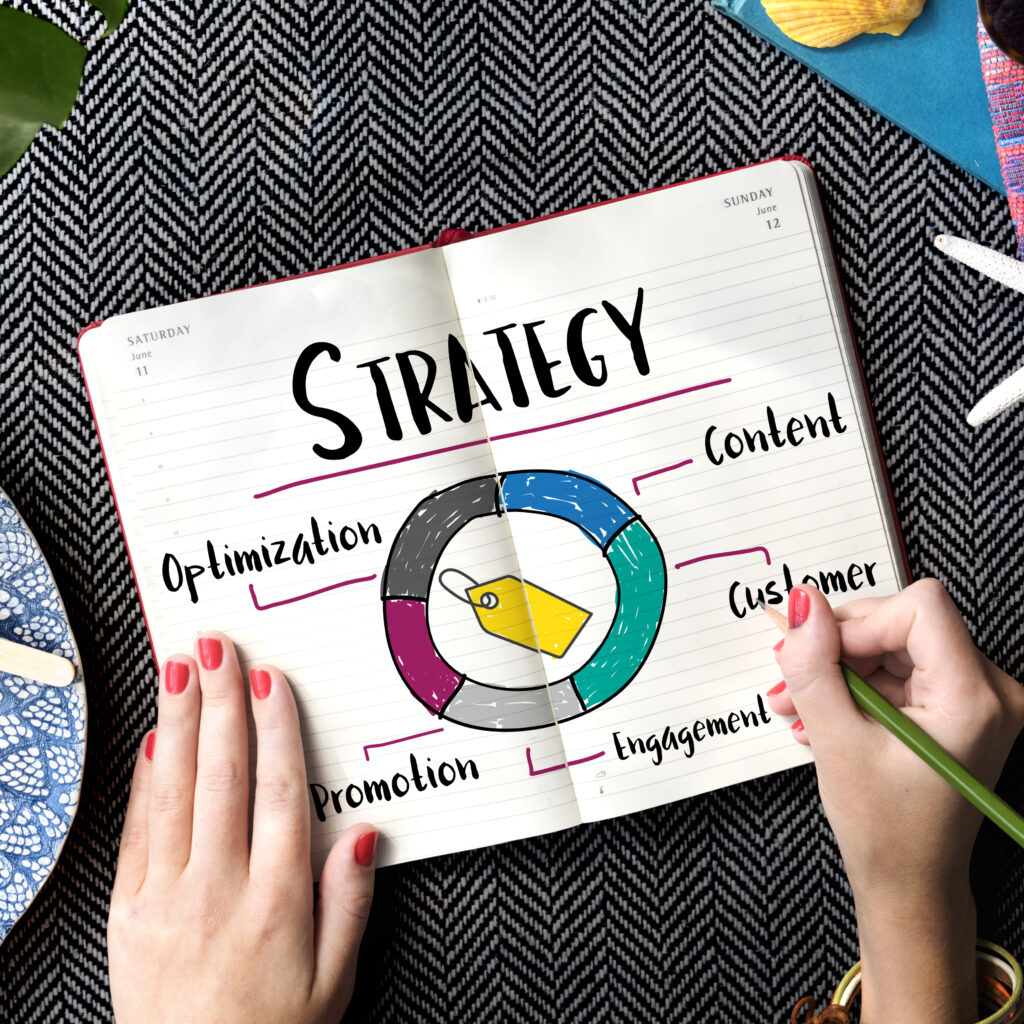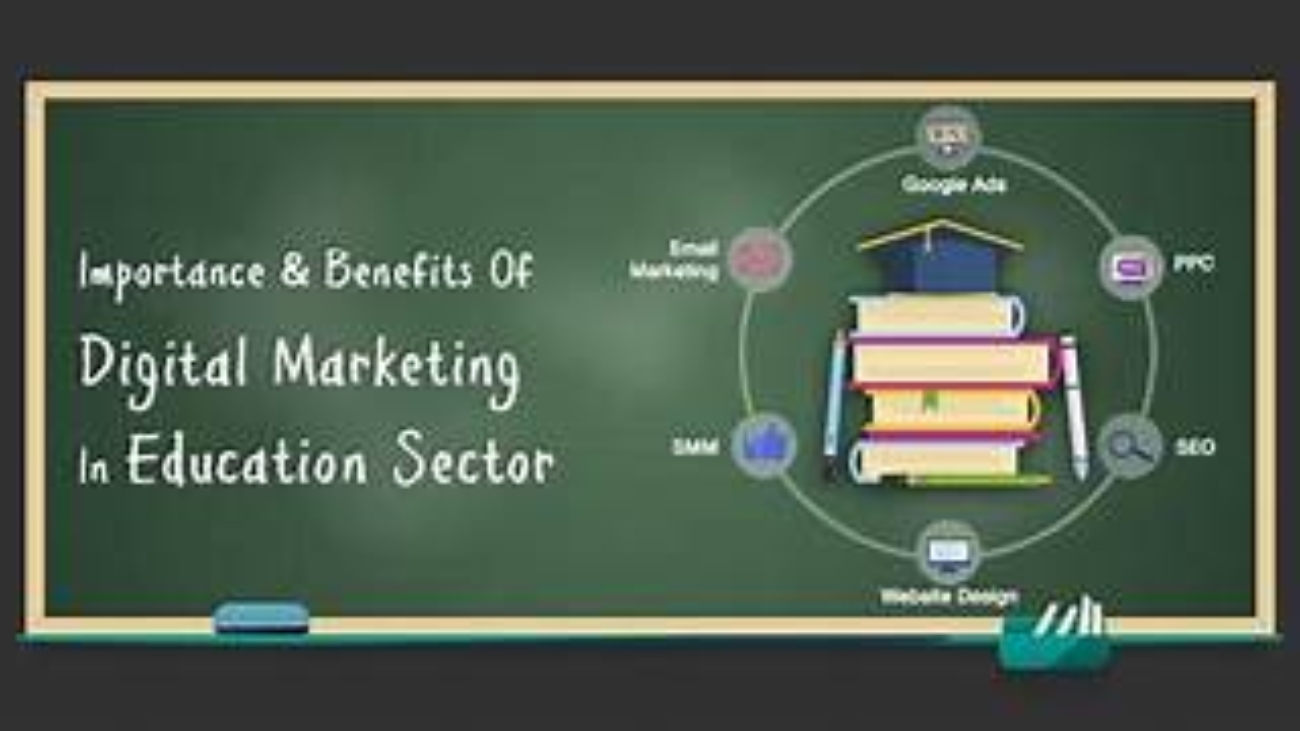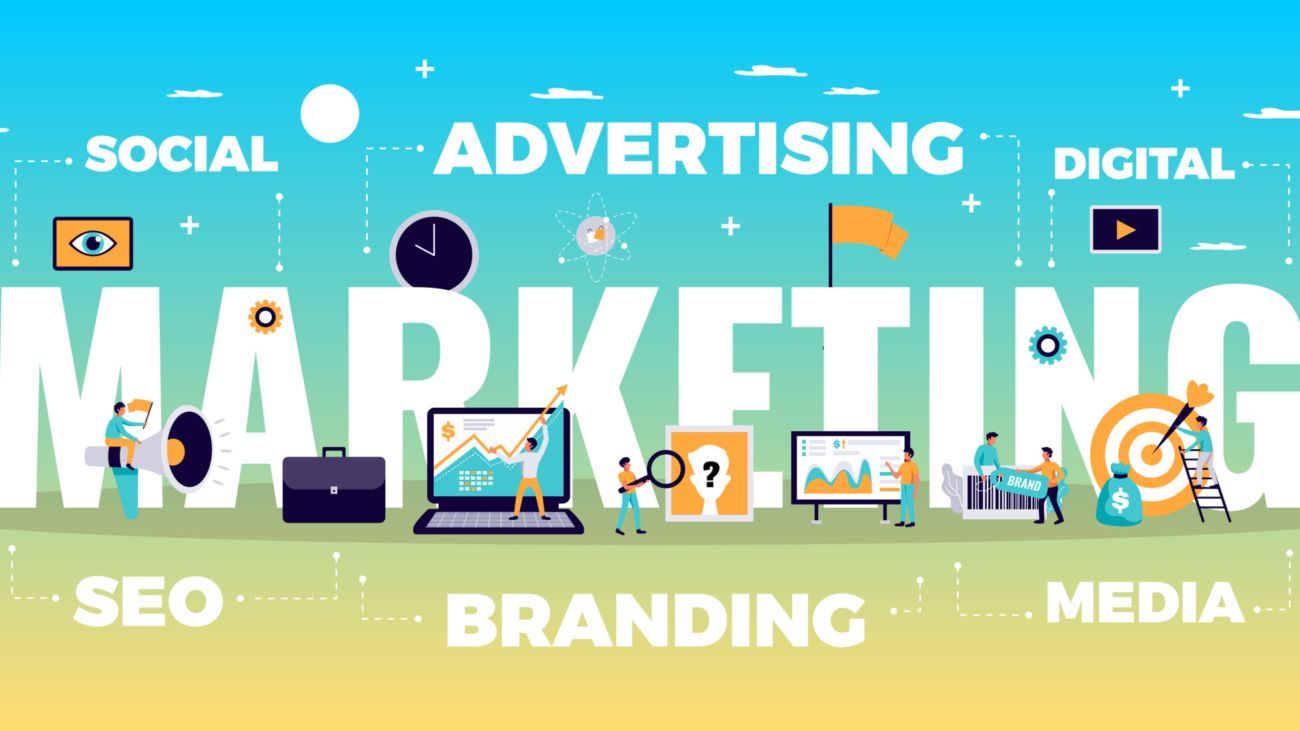In this digital world, for brand success 90% of all things rely on online marketing and 10% on traditional marketing. 10 Creative Strategies to Boost Your Brand Success AI has come a long way in the 21st century and has made the world more digital, but due to new technologies and trends, brand and business growth are left behind. With countless platforms, tools, and techniques available, it’s crucial to adopt innovative strategies that can effectively engage audiences and drive results. This blog will tell you how these 10 Creative Strategies to Boost Your Brand Success.

10 Creative Strategies that boost your Brand Success are :-
- Trending Content Marketing ➖ Use the new engaging strategies or trending content that engages your target audience more, and use the data of your audience to research more targeted content that gives your audience a higher value and resonates with them.
- Influencer Collaboration: Collaborating with influencers helps you to grow your brand presence online and reach new audiences. Identify the relevant influencer in your niche, and according to your product, they will create content for your product or services that engages your new followers.
- Multichannel Marketing Strategy: Create multi channels on social media from where your audience gets updated and new audiences will know what you do, like your website, your brand pages on all social media accounts, mobile apps, email and WhatsApp marketing, etc. In this digital era, these things keep you more relevant and in touch with your audience for brand success.
- Engaging Activities: Engaging content such as quizzes, polls, or interactive videos like sales, discounts, and regular video updates that gain you more views, followers, and audiences.
- Online Selling Platform: The online selling platform helps you very much. You can sell your services and products because people rely more on attracting apps for time savings. Like : Amazon and Flipkart for product selling, and LinkedIn and Uber for your services.
- Search engine optimization (SEO): SEO helps your website to rank on top of google SERP page in an organic way that gets your website more visibility to the audience and gets your more website traffic. It’s a long process but it increases the quality ranking of your website.
- Automation of Email Marketing: To nurture leads, keep customers, and increase conversions, use automated email marketing programs. Deliver targeted communications that connect with your audience by personalizing your emails based on consumer behavior and preferences.
- Mobile Optimization: Ensure that your website and marketing campaigns are optimized for mobile devices to provide a seamless for mobile user experience. More than half of the population are mobile active and rely more from the mobile to your brand or business.
- Visual Storytelling: Create engaging content such as animated images ,videos, animation to tell compelling stories about your brand products or services. It showcases your brand visuality by engaging content and connecting your audience on a deeper level.
- Data-driven Decision Making: Use tools that help you understand how well your brand is going. Look at the information you get from these tools to make your strategies better. Find ways to make your marketing work even better, and use what you learn to make smart choices that help your business grow.
Conclusion:-
The traditional market is not all out of this world, and it never could be, but online marketing makes people more reliant on it for their brand and business growth success and also for time savings. It engages the audience more with new technologies, strategies, and trends. Online marketing also saves organizations a great deal of time and money by employing data-driven insights and automating some processes. This frees up the business to concentrate on other important areas of its operations. Online marketing will always be the key to brand success and to creating deep relationships between companies and their customers as long as technology keeps developing and consumer behavior keeps changing.
FAQ’S
- Question 1: What are some cost-effective digital marketing services for small businesses?
Answer: Social media marketing, email marketing, search engine optimization (SEO), and content marketing are cost-effective services that can get significant results for small businesses with limited budgets. - Question 2: How can I stay updated on the latest digital marketing trends?
Answer: Stay informed by following reputable industry blogs, participating in online communities, being active on social media, and networking with other professionals in the field. - Question 3: How do I identify my target audience?
Answer: Conduct market research to understand your audience’s demographics, preferences, behaviors, and pain points. Use tools, technologies, and trends to create detailed profiles of your ideal customers and tailor your marketing efforts accordingly. - Question 4: What types of content perform best in content marketing?
Answer: Informative blog, Visual content, Interactive content, Entertainment content are best for content marketing that helps you to perform best for your brand success and growth. - Question 5: How can we keep up with Google’s algorithm changes?
Answer: To keep up with Google’s algorithm changes, regularly monitor reputable SEO news sources, follow Google’s official announcements and guidelines, and priorities creating high-quality, user-focused content that aligns with Google’s evolving search priorities.






